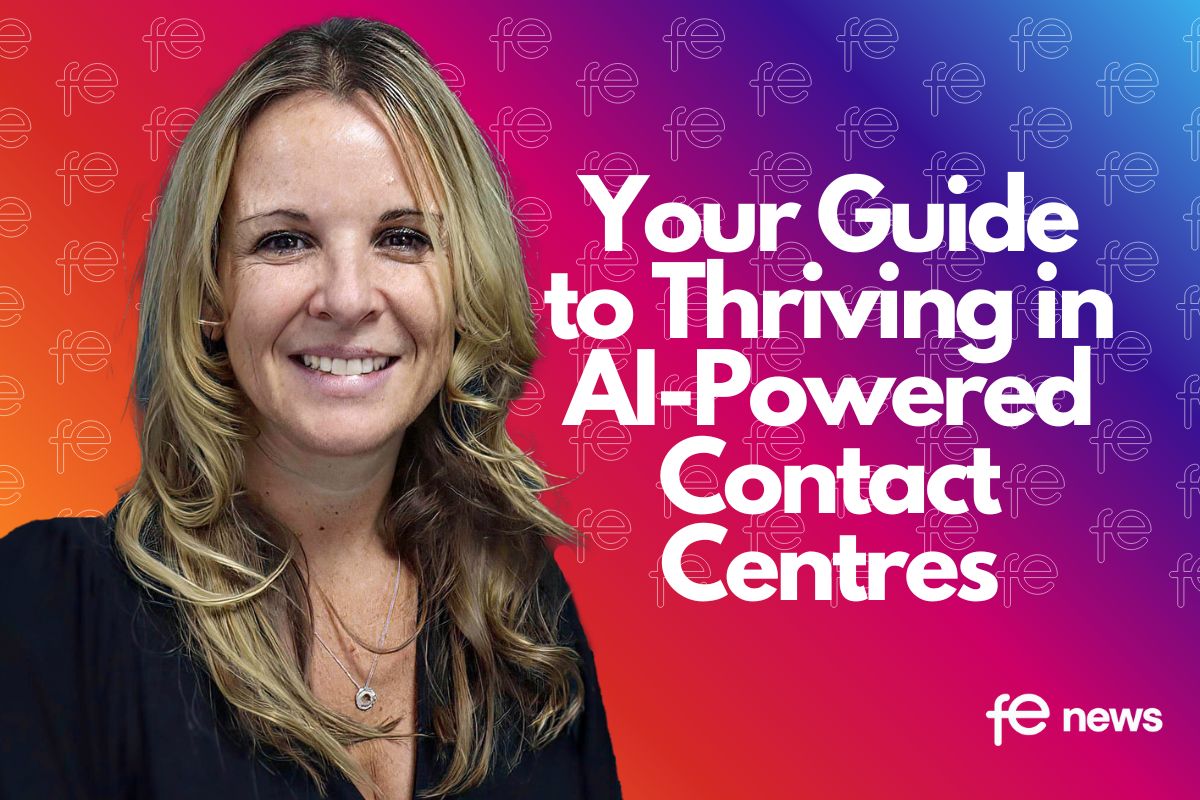Cure or Curse? The Power of Digital Over Young Peoples’ #MentalHealth

The NHS has labelled the issue of addressing mental health among young people as ‘in crisis’, as the support available fails to keep pace with the alarming increase in demand for it.
According to the Nuffield Trust, the number of 4-24 year olds reporting a longstanding mental health issue has increased six fold in the last 20 years.
What else has changed in the last 20 years?
In less than a lifetime, digital devices and the internet have infiltrated every corner of our lives. Young people today are growing up in a digital world; their lives have been changed by it, for better or worse.
While some have tried to combine these two facts as cause and effect – and there is some evidence of internet addiction and its harmful consequences – what is more productive is to accept that technology can’t be removed from our lives but can be used as a solution rather than merely a (potential) problem.
After all, tech is neither good nor bad – we must use it as the great enabler it can be.
Digital is the medium by which most young people conduct their lives, and is an ideal way to integrate additional support with existing offline support as 99% of 12-25 year olds are spending more than an hour a day on their smartphones and online.
They are familiar with digital tools and know their way around them, plus some of the characteristics of the online world – anonymity and privacy – make it easier to talk about sensitive, potentially embarrassing subjects like their own mental health.
It is well accepted that the NHS has limited resources and is struggling to meet the needs of the young when it comes to mental health. It is a space charities can step into, using digital to refine their offering and better reach the young people they seek to help. Of course, this presents various challenges that must be overcome, not least having the right expertise to create digital solutions and having the money behind them to support this work.
Digital mental health services can also serve the NHS by allowing tools to be created at scale that are easily accessible and get support to those in need quicker than the average waiting time for care. It can also create opportunities for self-care and integrated care, creating complementary packages that combine appointments with a practitioner with a digital service that provides reassurance in moments of isolation or vulnerability.
Creating a mental health passport
At Nominet, we get excited about finding opportunities for which technology can be harnessed for good – it’s something that guides our public benefit work and helps us meet our target of impacting the lives of one million young people a year.
We have recently entered a partnership with the Samaritans, helping to create the technology tools that will ensure they can connect with people online – notably the many young people who indicated the internet as a place they would most like initial support.
This topic – the symbiosis between mental health, young people and digital services – is a topic we have delved into more deeply as we seek to identify the areas of potential, the need, but also the associated challenges. To that end, we have commissioned a new report, Charities, Young People and Digital Mental Health Services, through which we have started to identify some areas in which charities, who naturally try to fill gaps left by the NHS, could further refine their work in order to access young people and support young people in a way that will be even more effective.
The findings have been interesting and insightful in how we can refine the existing processes of care for young people. For example, our report found an interest in creating a mental health passport for young people to improve the continuity of the care they receive, and a need for better signposting so that young people know where to find the support they want. We also need to ensure that services are offered at scale, which again is the ideal challenge for digital to meet – a multitude of apps can be created and accessed far and wide.
We also recognise that charities face challenges such as funding and a lack of technical expertise, but solutions can be found with the proper understanding of what resources can help and where. For example, the Samaritans needed digital tools but needed funding, support and technical expertise to create them, so Nominet was able to help fill that gap.
It is not enough to simply wring our hands at the worrying rise in mental health issues among young people. We must understand the challenges and identify opportunities to overcome them, using technology to support them in the best way we can. Let’s meet an age-old problem with new tools and technologies to finally start to turn the dial.
Eleanor Bradley, MD, Registry Solutions & Public Benefit, Nominet










Responses